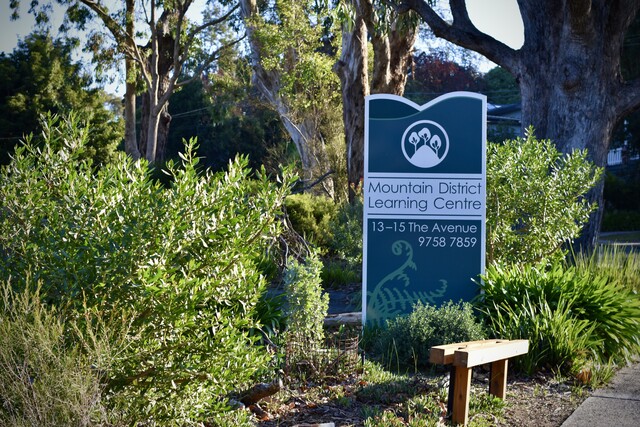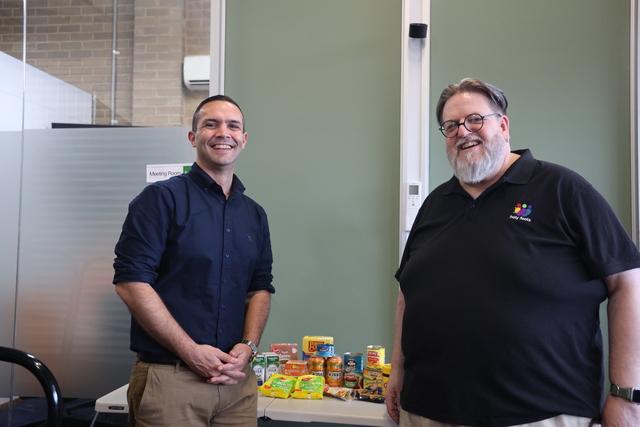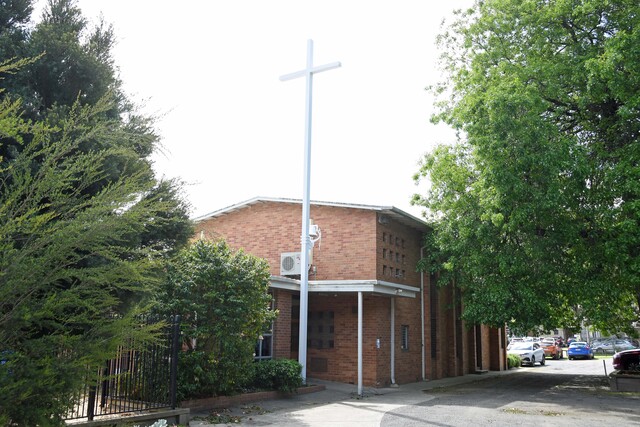By Casey Neill
FRIENDS groups, Melbourne Water and Shire of Yarra Ranges have embarked on a $250,000 mission to save Belgrave’s platypus population.
A project to improve Monbulk Creek near Belgrave Lake began earlier this month.
Melbourne Water will remove invasive weeds including tree tobacco, sweet pittosporum and willow and plant more than 4500 natives along the 1.8 kilometre stretch.
Melbourne Water Waterways Alliance project manager Mark Coffey said the three year project’s main focus was to improve platypus habitat.
Their numbers have dwindled in the area over the past 10 years due to low creek flow caused by the drought, and dog and fox attacks.
“However, there’s still a significant population here and there’s still many reasons why the habitat remains important,” he said. “Water health in this system, particularly if we’re looking at if for platypus, is about restoring the near stream-side vegetation.”
Mr Coffey said the project was overdue.
“The willows have been marked for removal and recognised as an impediment to the values of the creek for a long time,” he said.
Willows drop their leaves all at once and starve the water of oxygen.
“And it upsets the balance, particularly of the invertebrate life – the waterborne insects – that are the feedstock for animals like the platypus and also native fish,” he said.
Mr Coffey said the leaves also clogged the creek and impeded its function as a floodway.
Monbulk Creek flows into Lysterfield State Park and Lysterfield Lake, which feeds into the Dandenong Creek system.
Mr Coffey said it was an ‘important connection’.
Melbourne Water will complete the initial weed removal by September and finish planting in October.
The Waterways Alliance will maintain the area for following three years with the help of Shire of Yarra Ranges, Parks Victoria, the Friends of Colby Drive and The Friends of Monbulk Creek – Belgrave Lake Group. “The project is really a partnership,” Mr Coffey said.
Belgrave Lake friends group convenor Robyn Bowker said the willow had caused problems for decades. “I think somebody probably from good old England decided that if you’re going to have water you’ve got to have willows,” she said. “We’re just absolutely elated that this is happening now.”
Ms Bowker said the lake was once a platypus haven.
“As the years have gone on it’s dwindled and dwindled,” she said. “It’s really important the public realise the willow removal is critical to the platypus.”
Mr Bowker said weeds would continue to be a problem for the area. “We can never say that something’s weed-free for life,” she said. She said birds spread seeds, and plants escaped private gardens. “We just always have to be vigilant,” she said.
Willows sweep
Digital Editions
-

Funding supports Ferntree Gully men’s shed
Mountain District Learning Centre in Ferntree Gully is among 31 recipients that will receive $38,606 to support roof replacement and accessibility upgrades for its men’s…





